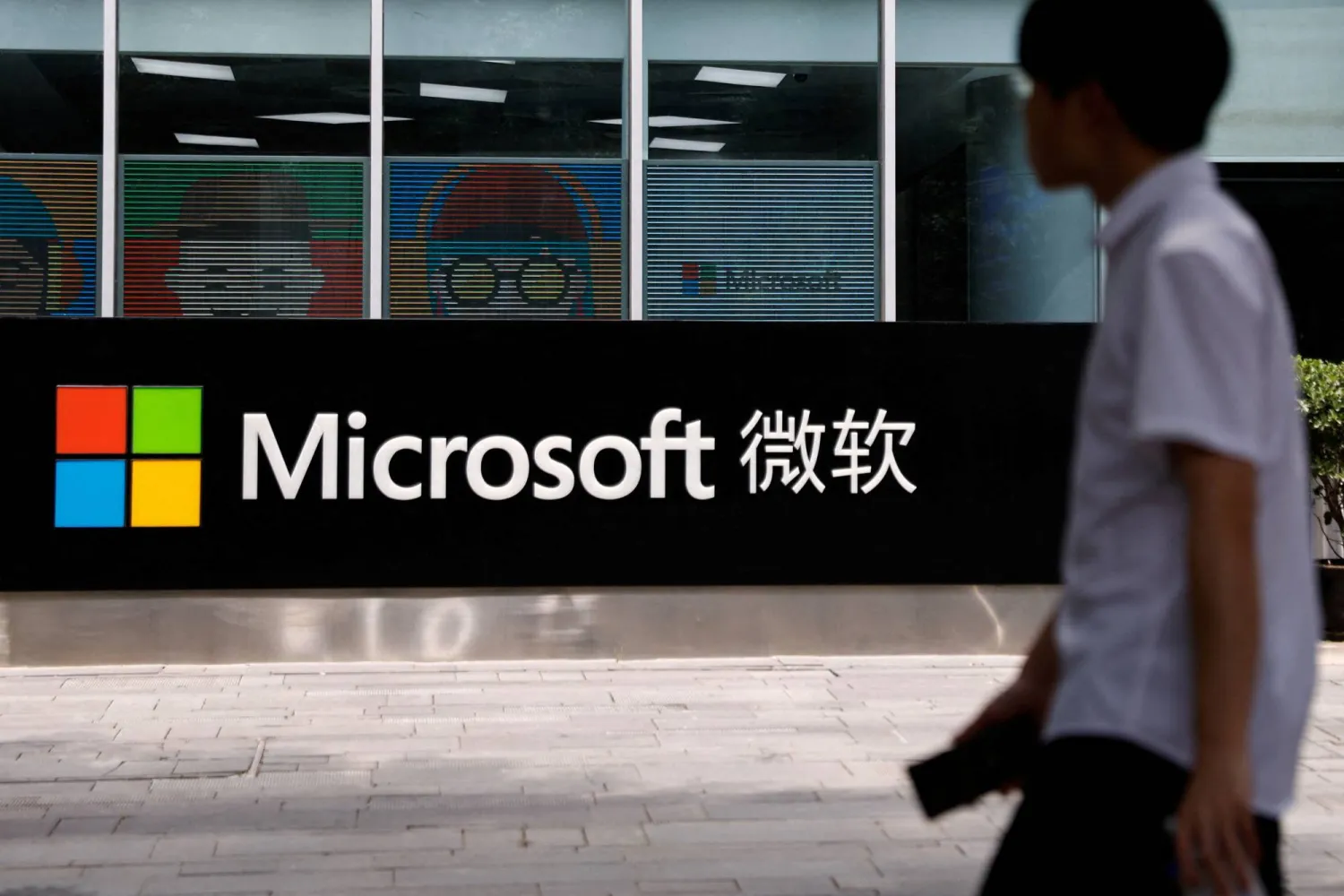Microsoft is consolidating its retail channels in mainland China, the firm said in response to media reports that it is closing its network of authorized physical retailers in the world's second-largest economy.
Microsoft did not confirm or deny the closures and did not comment on the number of authorized stores that would be impacted by the consolidation, in response to a request for comment from Reuters.
"Microsoft continually assesses its retail strategy to meet the evolving needs of our valued customers and we’ve made the decision to focus our channel approach in Mainland China," it said in a statement.
Microsoft products would still be available in the mainland via its retail partners and its own website, it added.
Microsoft does not directly operate physical retail stores in China and it did not elaborate on which retail partners would continue to stock its products in the China market.
Microsoft Consolidates Retail Channels in China
https://english.aawsat.com/technology/5036167-microsoft-consolidates-retail-channels-china



Microsoft Consolidates Retail Channels in China

FILE PHOTO: A person walks past a Microsoft sign at its office building in Beijing, China May 25, 2023. REUTERS/Tingshu Wang/File Photo

Microsoft Consolidates Retail Channels in China

FILE PHOTO: A person walks past a Microsoft sign at its office building in Beijing, China May 25, 2023. REUTERS/Tingshu Wang/File Photo
لم تشترك بعد
انشئ حساباً خاصاً بك لتحصل على أخبار مخصصة لك ولتتمتع بخاصية حفظ المقالات وتتلقى نشراتنا البريدية المتنوعة







